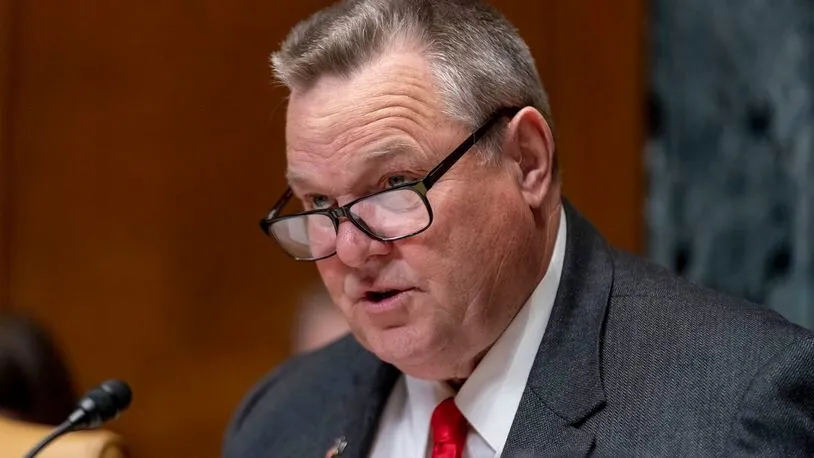Facing a critical deadline, the U.S. Senate swiftly passed a $3 billion supplemental bill to ensure the continuation of veteran benefits, just one day before a potential disruption. This legislation comes in response to a budget shortfall that threatened to affect nearly 7 million veterans. The bill, known as the Veterans Benefits Continuity and Accountability Supplemental Appropriations Act, passed by voice vote and now awaits the president’s approval.
Addressing a $3 Billion Shortfall: The Urgent Need for Action
This Article Includes [hide]
The Veterans Affairs Department (VA) found itself grappling with a significant budget gap, primarily driven by the expansion of benefits under the Honoring Our Promise to Address Comprehensive Toxics (PACT) Act. This legislation, which expanded eligibility for benefits related to toxic exposure, along with the VA’s aggressive outreach efforts, resulted in a surge in claims and benefits payments. By the end of fiscal 2024, the department had delivered an unprecedented number of benefits to veterans, exceeding projections.
Josh Jacobs, the VA Undersecretary for Benefits, testified during a Senate Veterans’ Affairs Committee hearing, acknowledging that the VA workforce had “over-delivered” in processing claims. The VA processed 2.5 million claims decisions in 2024, surpassing its initial projection of 2.2 million. The department notified Congress in July about the budget shortfall and indicated that a projected $11.97 billion deficit loomed for fiscal year 2025.
Senate Moves Quickly to Prevent Service Disruption
The Senate’s swift action followed the House of Representatives’ passage of similar legislation on September 6, 2024. With just days left before the potential disruption, lawmakers expedited the approval process, allowing the Senate to act within three days of receiving the bill from the House.
Senate Veterans’ Affairs Committee Chairman Jon Tester, D-Mont., emphasized the importance of the supplemental funding, stating, “This is what paying the true cost of war looks like.” He noted that the PACT Act was succeeding in expanding benefits to more veterans and their families than ever before, but this success created an urgent need for additional funding to meet the growing demand.
Ensuring Accountability and Long-Term Solutions
The legislation not only provides immediate relief to cover the shortfall for 2024 but also mandates accountability measures to prevent future budget crises. The VA is required to submit detailed reports to Congress on the status of the requested funds for fiscal years 2024, 2025, and 2026. These reports must be submitted within 60 days of the bill’s enactment, with updates provided every 90 days until the end of fiscal 2026.
Furthermore, the VA’s inspector general is tasked with investigating the root causes of the budget shortfalls in both the Veterans Benefits Administration (VBA) and the Veterans Health Administration (VHA). This report, due within 180 days, will examine how the VA’s benefits processing and health care costs led to such a significant budgetary gap.
Impact of the PACT Act on Veteran Benefits
A major factor in the shortfall is the success of the PACT Act, which expanded benefits for veterans exposed to toxins during their service. This expansion, combined with outreach efforts, allowed more veterans to access the benefits they deserve. As Jacobs noted, the VA delivered more benefits in 2024 than at any point in its history. While this has been a positive development for veterans and their families, it has also put a strain on the department’s resources.
Looking Ahead: The Importance of Adequate Funding
The passage of the supplemental bill is a critical step in ensuring that veterans continue to receive their benefits without interruption. However, the projected shortfall for fiscal 2025 signals that further legislative efforts may be required to address ongoing funding challenges. With rising costs in healthcare and increased hiring needs within the Veterans Health Administration, the VA’s budget will need close monitoring to ensure that veterans’ benefits are adequately funded in the years to come.
As the bill heads to the president’s desk for approval, lawmakers and veterans alike are hopeful that this swift action will prevent any disruptions in service and maintain the government’s commitment to supporting those who have served.
By: govexec.com











Leave a Reply